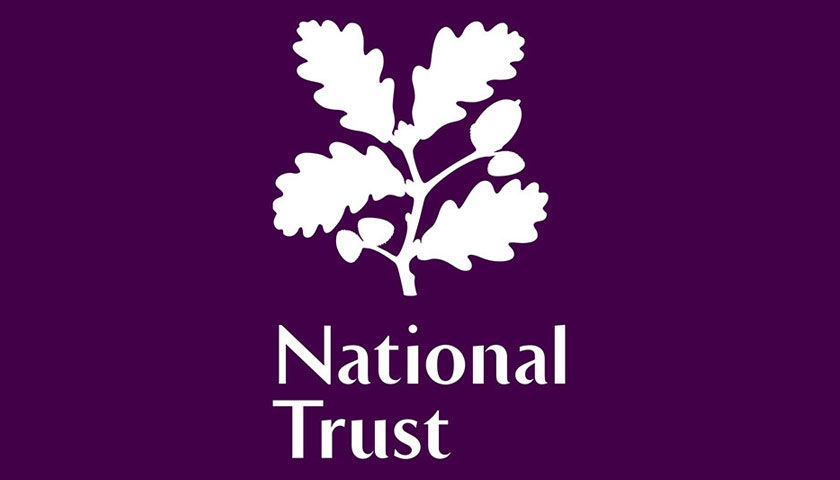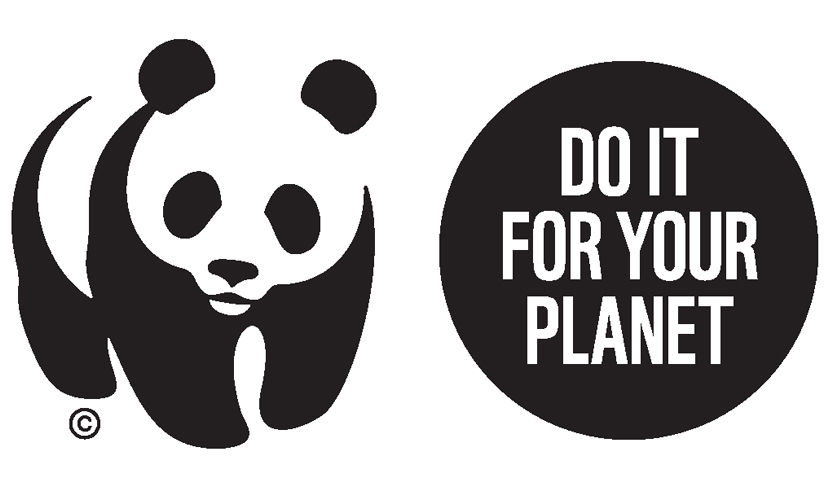In their first major campaign together, the National Trust, the RSPB and WWF are urging everyone in society to come together to halt the destruction of UK nature and take urgent action to Save Our Wild Isles.
Millions of people from all walks of life discovered the wonder but also the fragility of UK nature through the first episode of the new Wild Isles series, narrated by Sir David Attenborough, which aired last night.
Now, three of the UK’s largest conservation charities, with 324 years of combined experience and 8.5 million combined members, are using their collective voice to call on all sectors of society across the UK to act.
The Save Our Wild Isles campaign will engage the UK public and inspire them to act – highlighting not only how nature underpins everything that makes our lives possible, but also how profoundly threatened it is.
The charities say there is just enough of the UK’s natural world still left to save, and if everyone – the public, communities, businesses and our leaders all urgently work together to aid its recovery, nature can begin to thrive again within the next few decades.
Against a background of unprecedented anxiety about nature loss and climate change, the charities are calling on the public to show their love of nature by committing to “Go Wild Once a Week”. That could mean making space for nature in our neighbourhoods by planting wildflower seeds in a window box or green space, eating less meat or getting involved in local community projects, or joining the charities in urging our leaders to act now for nature’s recovery.
Leaders and businesses must act now to implement a crisis response to the nature emergency to build on the promises they have made to halt the destruction of nature and speed its recovery.
A new YouGov poll commissioned for the Save Our Wild Isles campaign revealed over three-quarters, (76%), of people in the UK are worried about the state of nature. The UK is in the bottom 10% of countries globally for protecting nature, yet only 5% believe the UK to be one of the worst countries in the world at preserving nature, with 55% mistakenly believing that the UK is on a par with the rest of the world or even doing better.
The UK is home to some of the most spectacular species on Earth – from puffins to orcas, bees, beavers, butterflies and ancient oak trees – but we are pushing nature to the brink. Last December, global commitments were made which highlighted we have just seven years left to halt and reverse the loss of our natural world.
To help support these calls, one of the first actions the charities will be taking is to engage hundreds of businesses and thousands of employees on the crucial impact that business plays in the fate of nature in the UK and providing tools and guidance on how to take positive action.
The charities will also be providing guidance, advice and inspiration for how people and communities can play an active role in restoring nature near to them. The charities’ partners and celebrity ambassadors are also encouraging everyone to play their part, with further announcements coming in the weeks and months ahead.
In a joint statement, Hilary McGrady, Director-General National Trust, Beccy Speight, Chief Executive of the RSPB and Tanya Steele, CEO of WWF (UK), said: “The amazing wildlife and wild places that make the UK so special are being destroyed at terrifying speed. Huge numbers of animals, birds and habitats have been quite literally wiped out in our own lifetimes and we must now accept that without urgent and collective action, our economy, the climate and the stability of future generations living in our wild isles all face a ticking timebomb.
“Nature underpins everything that makes our lives possible – from the air we breathe, to the clean water we drink, to the food we eat. It is our life-support system, and it’s clear that nature’s recovery, and the desire to reverse the harm we have inflicted over the last two centuries, are issues that unite us all. Together, we can save our wild isles.
“It is a massive challenge, and we need to act fast, but there is hope. The science is clear about what we need to do and there are already amazing people transforming farms, businesses, coasts, urban spaces, transport networks, energy supplies and communities for nature. We just need much more of it.”
In the last 50 years, 38 million birds have vanished from UK skies, 97% of our wildflower meadows have been lost since the 1930s, and a quarter of all our mammals, including water voles and Greater mouse-eared bats, are at risk of extinction. The nature crisis and climate change are two sides of the same coin, so protecting nature is key to stopping the destruction of our planet and our way of life.
The majority of the public in England, Wales and Scotland see nature as a crucial lifeline and an essential part of daily life. Over two thirds (70%) of respondents in England, Wales and Scotland were worried about the impact nature loss would have on their life – 66% said it would negatively affect their health while 63% said it would negatively affect their family’s health.
Working with nature and not against it gives us cleaner air to breathe, better water to drink and healthier food to eat. A growing body of evidence also shows that time spent in nature makes us happier and healthier.
Sir David Attenborough, WWF Ambassador has also said: “The truth is, every one of us, no matter who we are, or where we live, can and must play a part in restoring nature. It’s easy to feel overwhelmed or powerless by the scale of the issues facing our planet, but we have the solutions. I am hopeful for the future, because although nature is in crisis, now is the time for action, and together we can save it.”
The demand for change is clear, with over two-thirds (68%) of people in England, Scotland and Wales saying the UK Government is doing too little to tackle nature loss.
The poll also revealed overwhelming support (83%) for all political parties coming together to devise an action plan for protecting nature, while 80% of people backed harsher penalties for businesses that contribute to the decline in nature. It comes during an ongoing row over water companies’ involvement in water pollution after it was revealed only 14% of UK rivers in England are in good ecological health.
The three CEOs continued: “Everyone, everywhere can make a difference to nature in this country. Protecting and restoring nature needs to be at the heart of all decisions and we will see rapid change if we all stand together and act together.
“The health and wellbeing of our planet and future generations depend on it.”
For more information and to Save our Wild Isles visit www.saveourwildisles.org.uk

